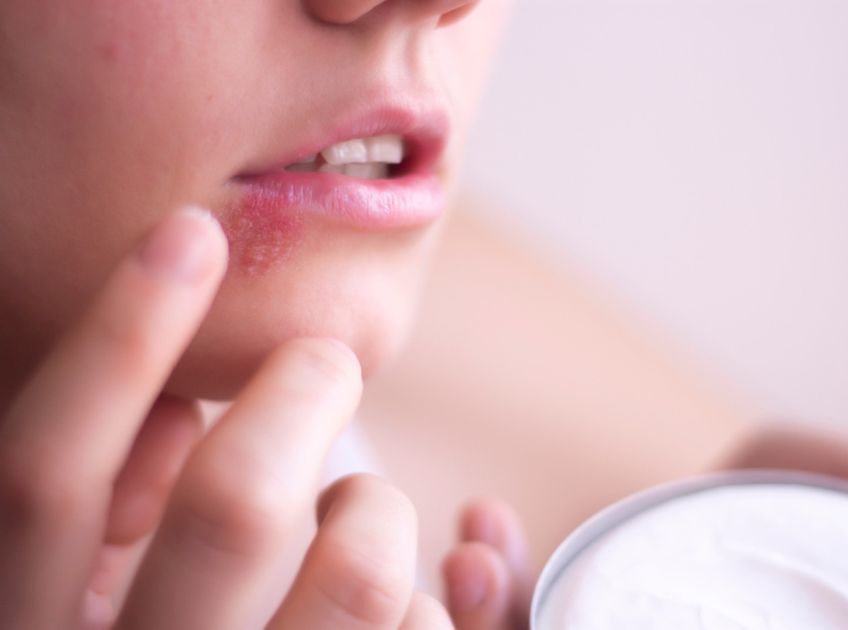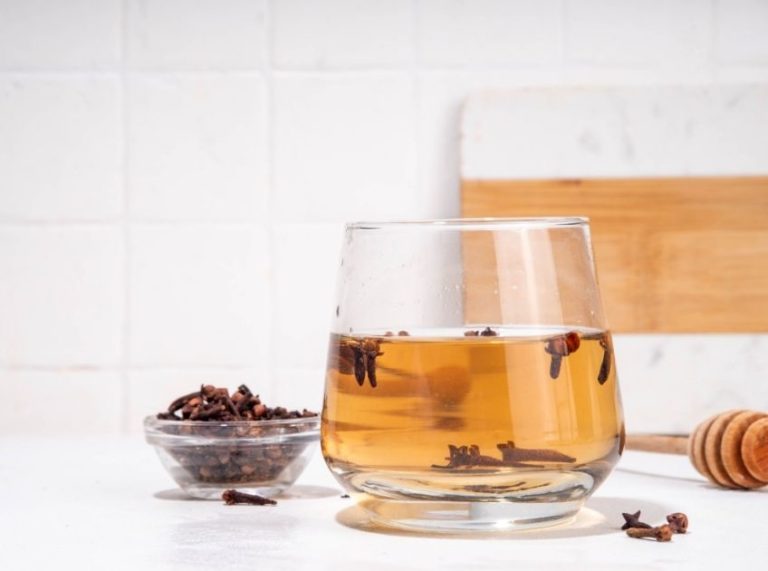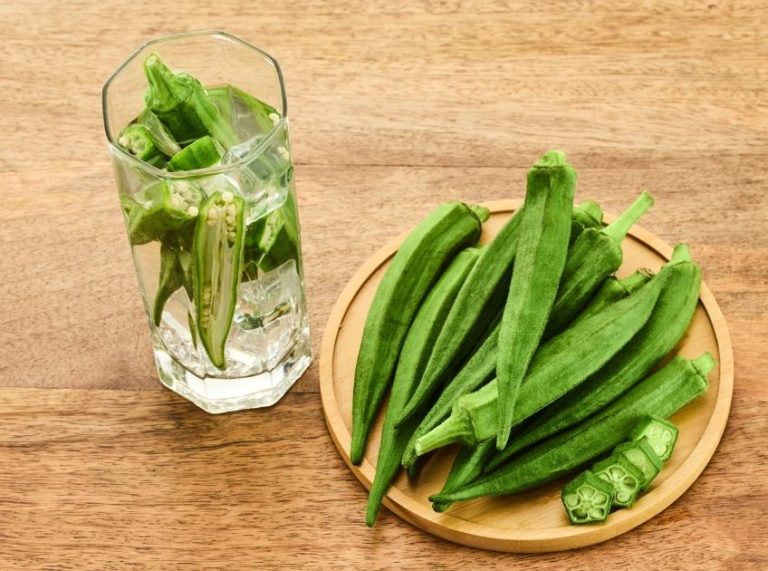
Important: This article is for informational purposes only. Please read our full disclaimer for more details.
Herpes, whether oral (HSV-1) or genital (HSV-2), is a common viral infection affecting millions worldwide. While there’s no cure, outbreaks can be managed with lifestyle changes, stress reduction, and natural remedies. If you’re looking to ease symptoms and support your body naturally, you’re in the right place.
Can You Treat Herpes at Home?
The short answer: yes, but with limitations. Natural remedies can’t eliminate the virus, but they may reduce the severity, duration, and frequency of outbreaks. Home-based solutions can help soothe symptoms like itching, inflammation, and pain, especially when used consistently and alongside medical advice.
Effective Home Remedies for Herpes Relief
Managing herpes symptoms at home can significantly improve comfort and speed up recovery during an outbreak. These natural remedies, when used correctly, help relieve itching, pain, and inflammation, and some may even have mild antiviral effects. Below are detailed explanations of the most effective and commonly used home remedies:
1. Cold Compresses
Why it works: A cold compress can numb the area, reduce inflammation, and alleviate burning or itching sensations.
How to use
- Wrap ice cubes or a cold gel pack in a clean cloth.
- Gently apply it to the affected area for 10–15 minutes.
- Repeat several times a day as needed.
Note: Never apply ice directly to the skin—it can worsen irritation.
2. Epsom Salt Bath
Why it works: Epsom salt has soothing and anti-inflammatory properties. A warm soak can ease itching and accelerate healing.
How to use
- Add 1–2 cups of Epsom salt to a lukewarm bath.
- Soak the affected area for 15–20 minutes.
- Gently pat dry with a clean towel (do not rub).
3. Baking Soda or Cornstarch Paste
Why it works: Both baking soda and cornstarch help absorb moisture and dry out weeping sores, reducing irritation and itch.
How to use
- Mix a small amount of baking soda or cornstarch with water to form a paste.
- Apply gently to sores using a cotton swab.
- Leave on for 10–15 minutes, then rinse and pat dry.
- Use 1–2 times daily.
4. Aloe Vera Gel
Why it works: Aloe vera contains anti-inflammatory and antiviral compounds. It soothes irritated skin and promotes healing.
How to use
- Use pure aloe vera gel or extract fresh gel from a plant leaf.
- Apply a thin layer directly to the sores.
- Let it dry and reapply 2–3 times daily.
Backed by science: A 1999 study published in the Journal of Dermatological Treatment found that aloe vera cream significantly improved healing in patients with genital herpes (1)(2).
5. Tea Tree Oil
Why it works: Tea tree oil is a natural antiseptic and antiviral agent that may help reduce the virus’s activity on the skin.
How to use
- Dilute with a carrier oil (e.g., coconut or jojoba oil) – 1 drop of tea tree oil per 10 drops of carrier oil.
- Dab lightly onto the affected area using a cotton swab.
- Use once or twice daily.
Warning: Never apply tea tree oil undiluted, as it can cause irritation or burning.
6. Honey
Why it works: Raw honey (especially Manuka honey) has antimicrobial and wound-healing properties that help soothe herpes sores.
How to use
- Apply a small amount directly to the sores.
- Leave on for 15–20 minutes, then rinse.
- Repeat 2–3 times per day.
What research says: A 2004 pilot study in Medical Science Monitor showed that topical honey was as effective as acyclovir cream in healing herpes lesions (3).
7. Witch Hazel
Why it works: Witch hazel is a natural astringent with anti-inflammatory effects that can dry out sores and reduce itching.
How to use
- Soak a cotton pad with witch hazel extract.
- Gently dab onto affected skin.
- Allow it to air dry.
- Use once or twice a day.
8. Licorice Root Paste
Why it works: It contains glycyrrhizic acid, which has demonstrated antiviral activity against HSV in laboratory studies.
How to use
- Mix licorice root powder with water or petroleum jelly to form a paste.
- Apply to the area and leave on for 20–30 minutes.
- Rinse and pat dry. Use with caution and under guidance if pregnant or on medication.
Note remedies may not eliminate the virus, but they can make outbreaks more manageable. It’s also important to listen to your body. If symptoms persist or worsen, consult a healthcare provider. Using home remedies responsibly can complement your existing herpes management plan and provide effective symptom relief.
Eat to Beat Outbreaks: Dietary Changes That Help
Certain foods may help minimize flare-ups, while others can trigger them.
- Helpful Foods
- Lysine-rich foods (chicken, eggs, dairy) may help suppress viral replication.
- Fruits and veggies high in antioxidants, like berries and spinach, can support immune health.
- Foods to Limit
- Arginine-rich foods (nuts, chocolate, oats) may fuel the virus.
- Alcohol, sugar, and processed foods may weaken the immune response.
Supplement Support for Immune Health and Viral Control
Supplements may provide additional support during or between outbreaks.
- Lysine: Often recommended to reduce the frequency and severity of outbreaks. Studies suggest daily use can be beneficial.
- Vitamin C and Zinc: Help boost the immune system’s ability to fight the virus.
- Probiotics: A healthy gut supports a healthy immune response.
Note: Always consult your doctor before starting any supplement, especially if you’re on antiviral medication.
Natural Topical Solutions to Soothe Herpes Symptoms
Applying natural treatments directly to the affected area may relieve discomfort.
- Tea Tree Oil: Antiviral and antimicrobial. Dilute before use to avoid irritation.
- Aloe Vera Gel: Cooling and soothing, with antiviral properties backed by research.
- Honey: Raw honey has been shown in small studies to promote healing and reduce herpes-related discomfort.
Choosing the Right Home Remedy for You
When selecting a natural remedy, consider:
- Your skin sensitivity: Avoid harsh or undiluted essential oils.
- Severity of symptoms: Use soothing treatments like aloe or baths for painful outbreaks.
- Medical conditions or medications: Some remedies may interact with prescriptions—always check with a healthcare provider.
Home Management Tips: The Do’s and Don’ts
Do’s
- Keep the affected area clean and dry
- Use loose-fitting cotton underwear during genital outbreaks
- Stay hydrated and rest to support immunity
Don’ts
- Don’t pick at sores, as it can spread the virus
- Avoid sexual contact during an outbreak
- Don’t share towels, razors, or lip balms
Scientific Insight: What the Research Says
- Lysine vs. Arginine: A 1987 study in Dermatologica supported lysine supplementation to reduce outbreaks (4) (5).
- Tea Tree Oil: Research published in Phytomedicine shows potential antiviral properties against HSV, but it must be used with caution (6).
- Aloe Vera: A 1999 study found aloe cream effective in treating genital herpes with fewer recurrences (7).
While more large-scale studies are needed, the existing evidence supports cautious use of natural remedies as complementary care.
Frequently Asked Questions (FAQ’S)
Q1: Can I prevent outbreaks completely with home remedies?
A. No, but you may reduce the frequency and severity. Natural remedies support healing and symptom management, not complete prevention.
Q2: Is it safe to use essential oils on herpes sores?
A. Only if diluted properly. Always do a patch test first, and avoid internal use without medical guidance.
Q3: Are there any permanent natural cures for herpes?
A. Currently, there’s no cure, natural or pharmaceutical. However, ongoing research is exploring vaccine and herbal-based solutions.
Managing herpes doesn’t have to rely solely on prescriptions. With thoughtful diet choices, natural remedies, and lifestyle changes, you can ease outbreaks and feel more in control. Just remember: always pair home care with medical support when needed, and be kind to yourself through the process.















